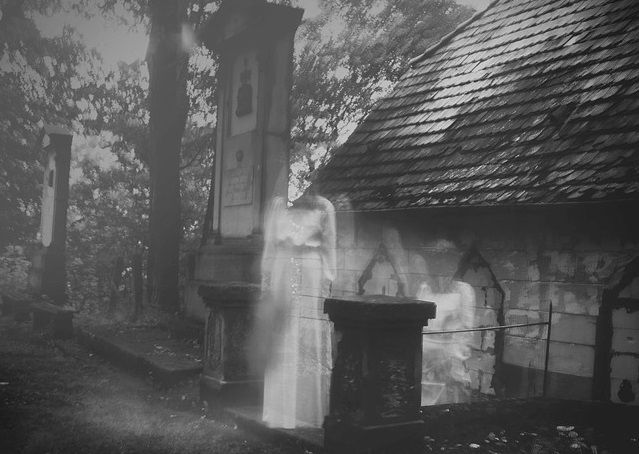From ghosts and angels to vampires and zombies, a new research project from Aarhus University has investigated how much the Danes believe in the supernatural
The report ‘What do the Danes believe in? A map of faith, superstition and conviction’ reveals that 14.4 percent of Danes believe in ghosts or in places being haunted.
“If we are to point to a pattern in the findings, then it is that the Danes are more inclined to believe in the spiritual, the more diffuse, which doesn’t take a physical form,” Ken Ramshøj Christensen, an associate professor at the Department for Communication and Culture who is the co-author of the findings, told Videnskab.dk.
READ MORE: Religion doesn’t play much of a role to most Danes
Mighty superstitious, ladies
Some of the other interesting tendencies were that Danish women seemed far more superstitious than their male counterparts.
Some 24 percent of women said they believed in ghosts, compared to just 5 percent of men. Moreover, 21 percent of women said they believed in angels, compare to 5 percent of men, while 46 percent of women said they believed in spirits or a ‘physical essence’, compared to 16 percent of men.
“You can quickly end up on a slippery slope when pointing out differences between women and men, but the report refers to research that shows that the brains of men and women are different. So it could be reasonable to assume that they think differently as well,” said Christensen.
Zero for zombies
The survey also found that 16.47 percent of Danes believed in a higher power, 6.85 percent believed in fate, 6.08 percent believed in astrology, 5.67 percent believed in magic, while 5.17 percent believed in luck.
Furthermore, despite hit shows like ‘The Walking Dead’ and ‘True Blood’ being immensely popular in recent years, under 1 percent of Danes believed in vampires, zombies and werewolves.
When compared to other countries, Denmark was considerably less superstitious. People from the US, Canada and the UK were far more likely to believe in ghosts and witches than people from Denmark. The Danes were comparable to the Swedes, who are a bit more superstitious than their Danish neighbours.
Some 2,200 Danes from all age groups and across the country took part in the survey, which was shared on the social media platforms Facebook and Twitter – a method of data collection that the authors admit to not being the most accurate.














